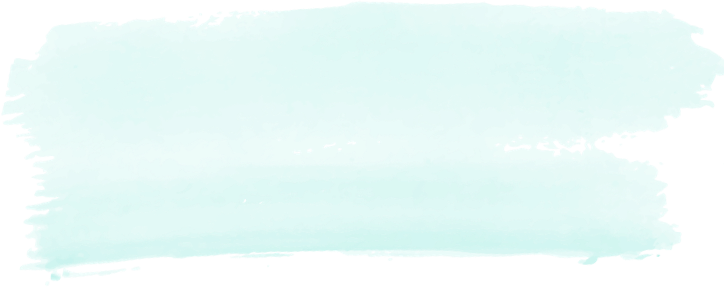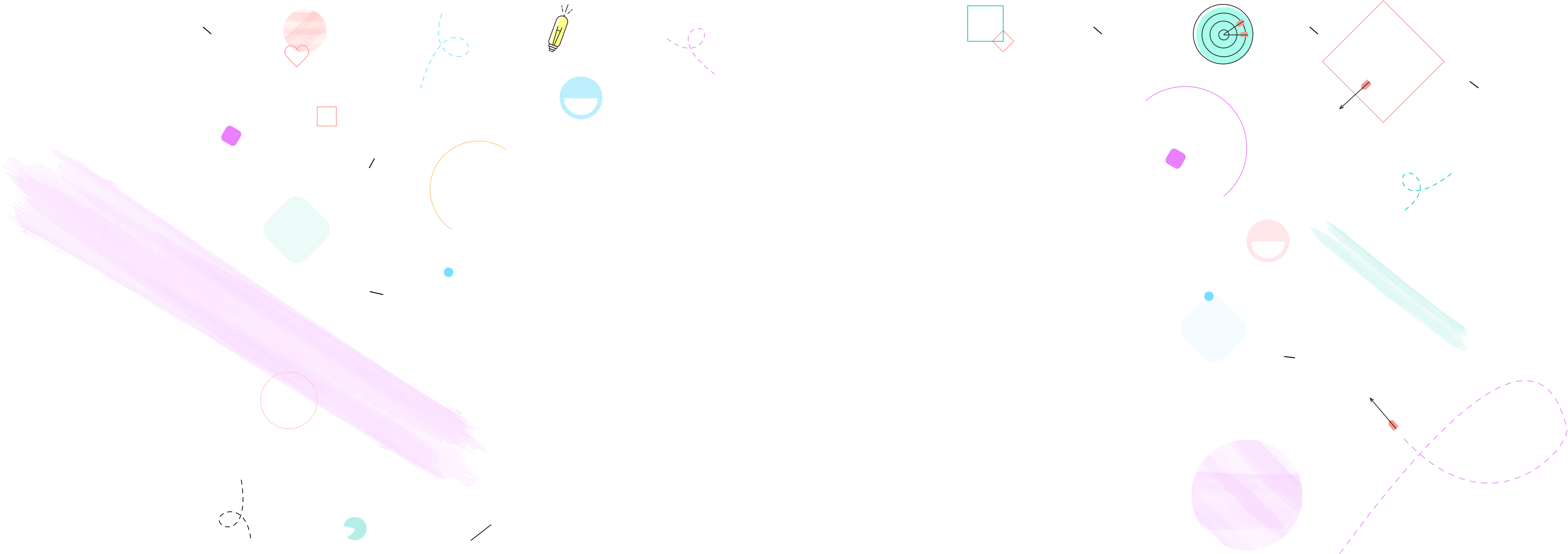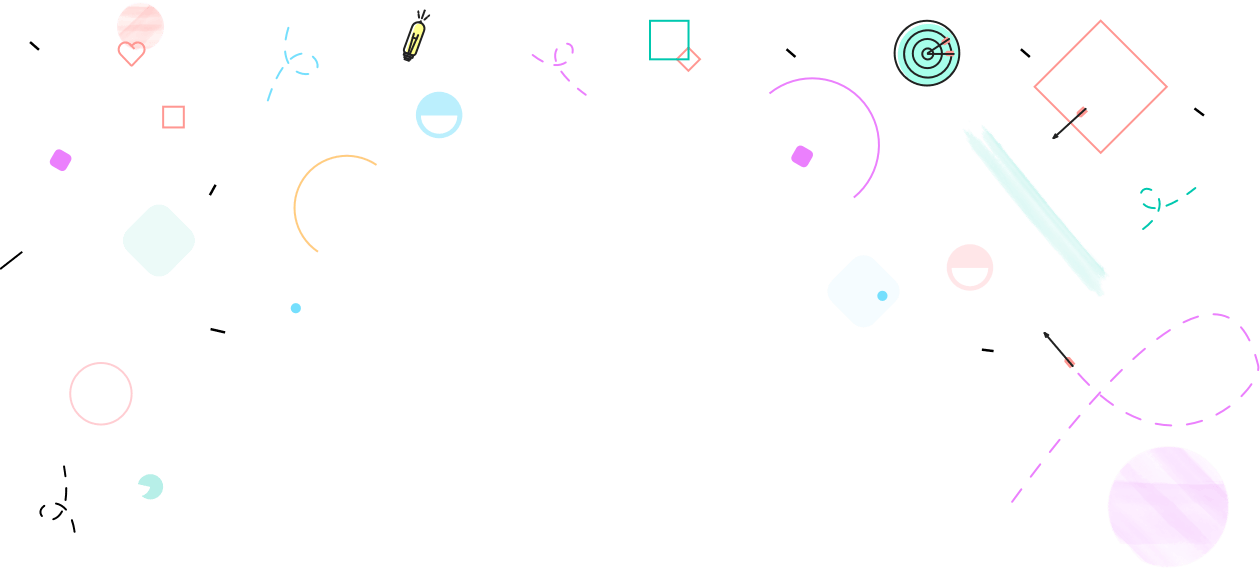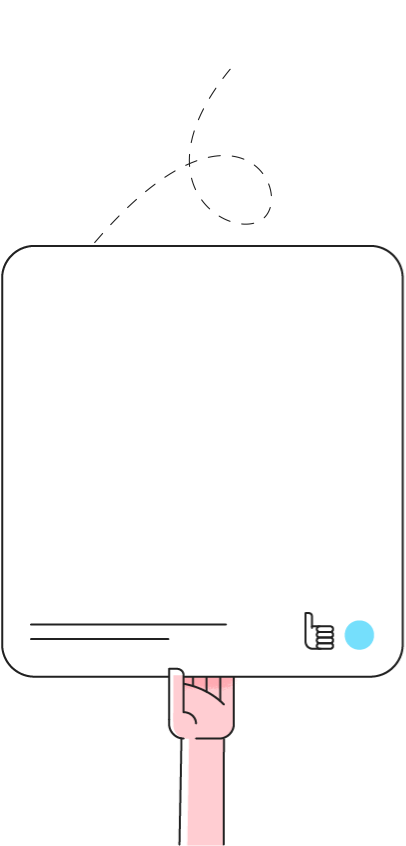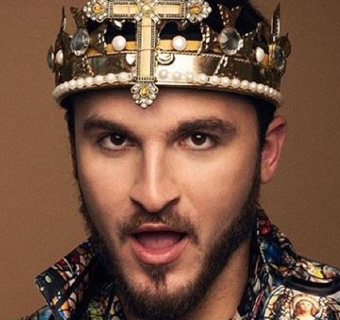Table of Contents
“Since we’re all gonna die, there’s one more secret I have to share with you… I did not care for The Godfather.” You probably heard this trending audio if you opened TikTok in the final hours before TikTok’s 12-hour ban. The clip originates from Family Guy where characters are literally drowning and decide to give out last-minute confessions.
In the days just before TikTok’s 12-hour ban, TikTok creators got the idea to do just the same. At the time, US-based creators didn’t know if TikTok was going to come back, let alone return within 12 hours. So, this felt like the perfect time to spill their secrets.
Since We’re All Gonna Die: The Events Leading to TikTok’s 12-Hour Ban
The fallout from the now-famous but still-confusing 12-hour TikTok ban is complicated. Back in 2020, the app was cited as a “threat to national security” in the United States. Many government officials backed the ban including at the time, former US President Donald Trump who had spearheaded an attempt at a TikTok ban in 2020. Earlier in January, the Supreme Court upheld a TikTok ban approved by Congress and signed by then-President Joe Biden. TikTok went dark on January 18th for its American users with a message. “A law banning TikTok has been enacted in the U.S. Unfortunately that means you can’t use TikTok for now.”
Be sure to check out the Top 20 Political Memes!
Over 170 million Americans use TikTok. For users and creators alike, the threat of a ban was dire. This was especially true for those who rely on TikTok for income. Even if creators are not focusing solely on TikTok as their career, they are at least using it to bolster their overall social media presence, to promote everything from branded products and services, or promoting YouTube channels, podcasts, and other media.
Although creators were prompting their audiences to follow them on other socials such as RedNote and Instagram, there was still a general feeling of … “we’re all gonna die.”
So, it’s time to spill some secrets.
There’s One More Thing I Have to Share with You: Influencers Exposed
In a questionable but admittedly entertaining move, influencers had begun using the ban to justify spilling some secrets. This trend has led to some mixed reactions. Take a look at some of these iconic secrets.
1. Charli D’Amelio
Since everyone believed TikTok to soon be banned, Charli confessed, “I still don’t understand the hype either tbh.” Now, this statement is a bit vague, but most are concluding that Charli did not completely understand the hype around her content, especially her dance content that blew up in early 2020.
@charlidamelio
Nearly 5 years ago, she went viral for her TikTok dances, including the famous “Renegade” dance. Charli gained millions of followers in a short period. Even at the time, Charli expressed that she didn’t know why she, of all people, had become the first big TikTok star. She even admitted that she cried when she hit 80 million followers, asking herself “Why are there so many people?” It seems like even TikTok’s biggest celeb has her doubts.
Don’t Miss 25 TikTok Couples You Need in Your Life!
But most would not know about Charli’s trepidation. At least, not from her TikToks which mostly feature catchy trends, fun dance videos, and top-tier brand collaborations. Charli, when hopping on the TikTok ban trend, was telling us something we already know – overnight celebrity status can be a roller coaster of emotions, to say the least.
Charli ended up participating in the trend multiple times! In a now-deleted (but often reuploaded) video Charli offered another no-context confession to the camera: “While we’re here admitting things… if TikTok’s going away… it wasn’t an anxiety pen.”
Check out Charli D’Amelio’s Net Worth Breakdown
This confession refers to a 2020 scandal where someone filmed Charli holding what looked like a vape pen. Upon seeing Charli vape, many fans were quick to admonish her for her actions. At the same time, a rumor cropped up that what Charli used was an anxiety pen. Charli used the rumor to her advantage until the scandal blew over. Nearly 5 years later, Charli came out saying, “I still to this day don’t know who came up with that.”
@getthegoldbird the anxiety pen incident 😭 this is funny #charliedamelio #anxietypen #2020tiktok #2020 #funny #bittersweetsymphony #tiktok
Most fans are taking the news in good humor, making edits, and cracking jokes about the whole situation.
2. Chris Olsen
Chris Olsen went viral for traveling around the world delivering coffee to celebrities. He used this bit to market his coffee company, Flight Fuel. As Chris has moved on from the company (the website itself is no longer found) he revealed something big. There was never coffee in the coffee cups.
He captioned the post with “I think most of u knew this,” but there are those who would disagree.
3. Lexi Hidalgo
Lifestyle influencer Lexi Hidalgo first got her start in 2020 with “coffee talks” where she took the time to make coffee and connect with her audience. At the time she also posted workout routines. Naturally, the trend preceding TikTok’s 12-hour ban had her admitting that she never drank the coffee (it was for her mom). Not only that, but she also didn’t necessarily do all her workout routines.
@lexxhidalgo Dropping your burning questions now if you ever had any
After backlash from her audience, Lexi posted a few videos in explanation. “Since everybody’s feathers are in a ruffle about coffee,” she wrote, just before revealing that she does drink the coffee now, just not back in the day. She explains she did the workouts, just not during filming.
Be sure to read up on Bluesky vs Twitter: Exploring the Shift in Creator Platforms
Lexi’s comment section is still full of mixed reviews, with some giving her understanding while others feel cheated.
4. Louisa Melcher
The big reveal shows that a university funded Louisa’s account as a social experiment. This makes a bit more sense. She’s constantly posting stories of unhinged, random situations. A classic influencer storytime, if you will.
@loulouorange I get my PhD later this year! Follow along on all platforms to keep up with my research 😊 #tiktok #tiktokban #phd #study #science #socialscience #coolscience #familyguy
A very believable actress, it takes a minute or two for the audience to remember this is Louisa and that these tales are likely fibs. The fact that her entire account is a social experiment is kind of ingenious. What better way to learn about the creator economy than to infiltrate it?
5. ThatFoodieLyss
@thatfoodielyss SOMEONE HAD TO SAY IT. 🫂🫂🫂 YouTube & Instagram: @thatfoodielyss !!! I’d love to see you there 🫶🏼 #foodie #realisticmukbang #viralfood #mukbang #foodtiktok #saucymukbang #mukbanger #bestmukbangs #fypシ゚viral #realisticeating #balancedeating #foodmindset #eatwithme
Amidst controversy regarding the nature of the mukbang (specifically, whether or not foodie influencers should be eating the food), Lyss is using the trend to her advantage. “I DO swallow every bite I take on camera,” she confidently writes in her video. In the caption, she adds “SOMEONE HAD TO SAY IT” about the foodie discourse.
Instead of adding to the TikTik ban-induced scandals, Lyss uses the trend to reaffirm not just her brand, but her audience’s trust.
Don’t Believe Everything on the Internet: Capitalizing Off a Fib
Another tea-spilling TikToker, Niki DeMartino of the popular Niki and Gabi YouTube channel has been ruining our childhood for a while now, even before TikTok’s 12-hour ban.
@nikidemar Replying to @agnikai answering some more lore questions #nikiandgabi
In a multiple-part TikTok series, Niki revealed everything about her early 2010s YouTube Channel, from having a fake “filming house” in Pennsylvania, pretending to live in LA, faking shopping hauls and challenges, as well as the countless pre-filming sister fights between her and Gabi. She says that when it comes to their old videos, “realistic” morning routines and days in the life were exaggerated, while pranks were outright faked.
Niki ends some of these videos with a sentiment many of us have heard, “don’t believe everything you see on the Internet.” Although a nice sentiment, this has prompted some backlash. Or at least, discourse.
I Did Not Care for the Godfather: Do We Care that Creators Are Faking Content?
All of this leaves us with the question: Do we care for The Godfather? I mean… Do we care that influencers are faking, or at least exaggerating content?
In a new video entitled “So influencers are admitting to being liars lol” YouTuber Nicole Rafie pushes back against the TikTok ban trend, pointing out that influencers seem to be tricking their audience for views.
She pushes back against the “don’t believe everything you hear on the Internet” sentiment, pointing out that it is the influencers themselves creating the content. It is the creators who foster that belief in a “realistic” morning routine or the perfect daily workout. In a sense, they are the ones setting the expectation of real and not real, especially as they build a brand based on trust. The creator profits off telling their audience to, if not believe everything they hear on the internet, then at least believe everything they post.
Check out these 31 hilarious TikTok accounts!
To build a relationship based on trust, and then to pull the rug out by essentially saying, “Don’t believe it all!” can be seen as a betrayal to some. Chris Olsen says, “I think some of u knew” which is a bit of a shock to those who didn’t know about the faked coffee runs – because they believed him in the first place!
A faked workout or an exaggerated storytime may seem like a small fib, but to a trusting audience member, it could be the first sign of a disingenuous creator. Who’s to say that their favorite creator isn’t lying about a product endorsement? Or perhaps the creator doesn’t truly believe in a brand deal they’re posting?
Once the initial shock wears off – there was never coffee in the coffee cups, the workout routine was faked, the video was staged – the influencer is left with a disillusioned audience. That is, the audience is now questioning the creator and their trust is broken. In this case, the most scandalous videos are deleted upon backlash, or at least amended by a follow-up explanation video.
Audiences want to believe their favorite creators. Very few want to hear “don’t believe everything you hear on the Internet” spoken by a creator making said content on the Internet.
Yet, some confessions are prompting positive engagement over backlash. For example, Niki’s tea-spilling sessions work because she knows her audience is growing with her. Spilling secrets about nostalgic videos from nearly 10 years ago is a bit less of a betrayal than spilling about current content. In cases such as these, audiences are interested in hearing more close-kept secrets. They want in on the old drama.
Even Charli D’Amelio’s old content seems to be far enough behind her that her confessions prompt engagement and interest instead of shock and betrayal. So what she “didn’t understand the hype?” If anything, that makes her more relatable to a wider audience who might share similar thoughts. The “vape scandal” is so far behind her that now her audience can turn it into a joke.
Well, she did try and take back the statement on her spam account. But it does feel like she’s joking in this one.
@kierszrv5lh
In other cases, such as ThatFoodieLyss doubling down on her food-eating stance, the confession is used to promote her brand and build trust. TikTok couple Callie and DeeDee do the same, simply stating “jk we have never kept a secret from y’all.” For those looking to participate in the trend, this surely seems to be the safer route.
@callie.deedee If I think of any I’ll let yall know #wlw #trend #marriage #secret #couple
Whether or not you’re a fan of the trend preceding TikTok’s 12-hour ban, there is no doubt it had an impact on the Creator Economy. Some confessions prompted backlash, while others garnered praise. It is clear that audiences expect and even demand a certain level of authenticity from their favorite creators. Still, exposing a juicy confession every once and a while makes for good content. Now that TikTok is back, creators have turned away from confessions and back to regularly scheduled programming. Hopefully this shift back to normalcy is with a new understanding of audience expectations and what gets engagement, both good and bad.




